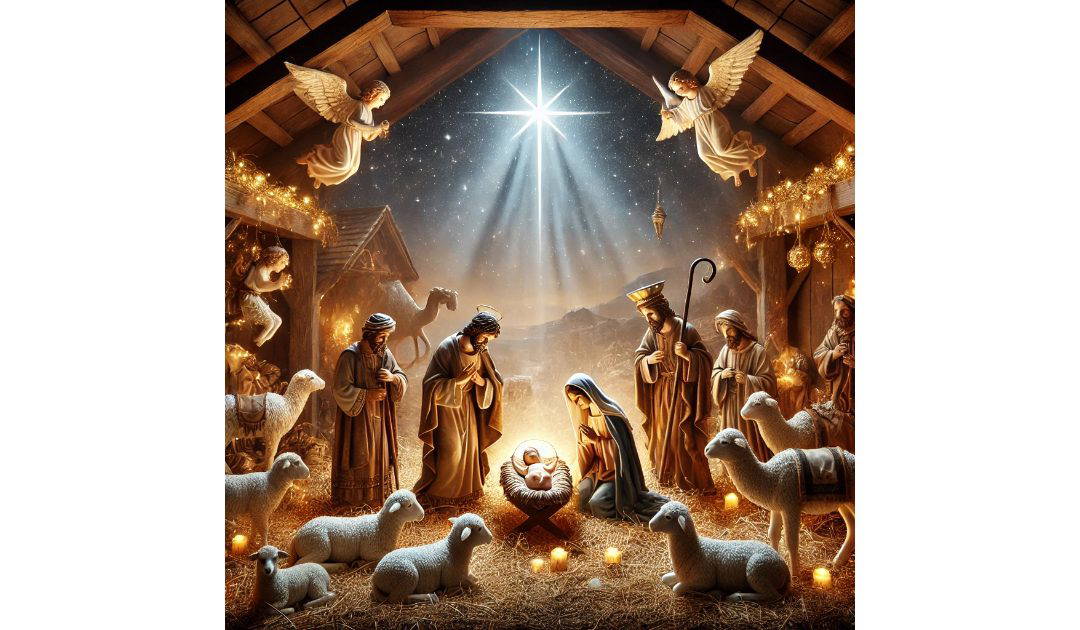The choice of December 25th as the date for Christmas Day, celebrating the birth of Jesus Christ, is rooted in a combination of historical, theological, and cultural factors. While the exact date of Jesus’ birth is not recorded in the Bible, early Christians sought to establish a specific day to commemorate this significant event.
One of the primary reasons for selecting December 25th is the alignment with existing pagan festivals. The Roman Empire celebrated the winter solstice around this time, particularly with the festival of Saturnalia, honoring the god Saturn. This festival, which included feasting, gift-giving, and merriment, occurred around the time of the winter solstice, which typically falls between December 21 and 23. The solstice marks the shortest day of the year, after which days begin to lengthen, symbolizing the return of light. Early Christians may have chosen December 25th to coincide with these celebrations, hoping to provide a Christian alternative to the popular pagan festivities and to symbolize Jesus as the “Light of the World.”
Another significant influence was the feast of Sol Invictus, or the “Unconquered Sun,” which was celebrated on December 25th. This festival honored the sun god and was widely observed in the Roman Empire. By adopting this date for Christmas, early Christians could effectively reframe the celebration, emphasizing the birth of Christ as the true light that dispels darkness.
The earliest recorded mention of December 25th as the date of Jesus’ birth comes from the writings of a Christian historian named Sextus Julius Africanus in the early 3rd century. By the 4th century, the date had gained widespread acceptance among Christians. In 336 AD, the Roman Emperor Constantine officially recognized December 25th as Christmas, further solidifying its place in the Christian calendar.
The theological significance of December 25th also plays a role in its selection. Early Christians believed that Jesus’ conception occurred on March 25th, the Feast of the Annunciation, when the angel Gabriel announced to Mary that she would conceive the Son of God. If one counts nine months from March 25th, it leads to December 25th, reinforcing the idea of this date as the celebration of Christ’s birth.
Over time, the observance of Christmas on December 25th spread beyond the Roman Empire, becoming a central aspect of Christian tradition worldwide. Today, it is celebrated in various ways, incorporating both religious and secular customs, but the choice of this date remains a testament to the blend of early Christian beliefs and the cultural practices of the time.

